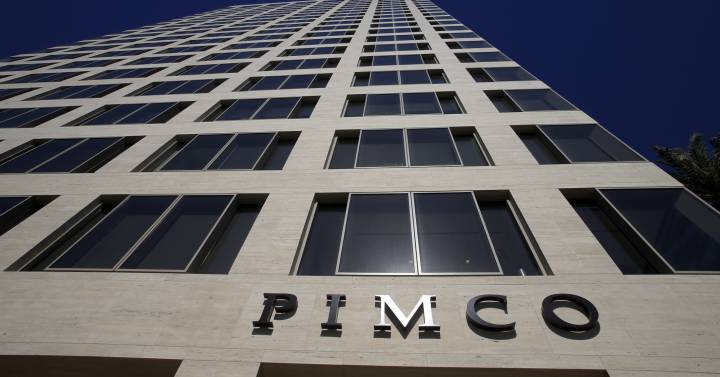The legend goes like this: Before a match at Freiburg FC, Wilhelm Neudecker, then President of FC Bayern, had coach Tschik Cajkovski note the planned line-up on a napkin. Without Müller – as on all of the eleven match days of the 1964/1965 season in the Regionalliga Süd. “I crossed out a name, Gerd Müller scribbled over it,” recalls Neudecker. The Yugoslav Cajkovski complies and brings Müller from the start – with his fist in his pocket.
advertisement
–
On that October 18th, Bayern won 11-2, but this was only marginally due to Müller. The young striker, signed by Neudecker from Nördlingen for a transfer fee of 4,400 marks, only scored the 3-0, and that against a goalkeeper with lumbago. But he stays in the team. From this historic day on, the newcomer will never be absent from Bayern’s starting line-up for sporting reasons in almost 15 years. With that the assembly line production of the peat factory Müller is opened. From now on it was always and everywhere, the nation’s bomber has probably scored a goal with every part of his body in his career, in every second of the game, in every stadium, against every opponent.
–
Huge offer from Barcelona? Müller wanted “not to eat more than one schnitzel a day”
If Gerd Müller were to storm today, his transfer fee would simply be priceless. In terms of annual salary, even Lionel Messi or Cristiano Ronaldo, the greatest of modern times, would have to put themselves behind. When FC Barcelona lured him in the 1970s with an annual salary of 600,000 marks, which was astronomical for the time, he turned it down blankly and said, very humble and grounded: “I don’t, I can’t do more than a schnitzel Day eat. ” A gilded steak? Unthinkable for someone who received 160 marks a month as a starting salary in Munich, the minimum for contract players.
–
Müller’s records and titles:
For FC Bayern: Müller’s record of 365 goals in 427 league games for Bayern is unsurpassed to this day. He was German champion and DFB Cup winner four times, plus the legendary title hat-trick (1974–1976) in the European Cup, the predecessor of today’s Champions League. To top it off: the 1976 World Cup. In February 1979 he left Bayern in a dispute – angry with the coach because of a substitution. A circle closes. Mueller stubbornly changes to Fort Lauderdale in the US sunny state of Florida.
For the national team: His greatest success was the world championship title in 1974, two years earlier he was European champion in a team that experts hailed as the “best German national team of all time”. And what would have been added if after the 2-1 final triumph in Munich in 1974 against the Netherlands (“I scored nicer goals, but the most important one was this world championship goal”) due to the dispute with the bulky men of the DFB about the participation of the players’ women would not have resigned at the winners’ banquet. In total, he scored 68 times in 62 international matches – which gives an insane rate of 1.1 hits per mission.
His honors: In 1970 Müller was honored as “Europe’s Footballer of the Year”, in 1967 and 1969 as “Germany’s Footballer of the Year” in 1970 he was the top scorer in the World Cup (10 goals), and in 1972 the top scorer in the European Championship (4 goals). The best honor for the Bavarian Swabia: In 2008 the 10,000-seat Nördlinger “Stadion im Rieser Sportpark” was renamed the “Gerd-Müller-Stadion”.
–
On Thursday in the third and last part of the SPORTBUZZER series on the death of the striker legend: Gerd private – the human being Müller.
–

